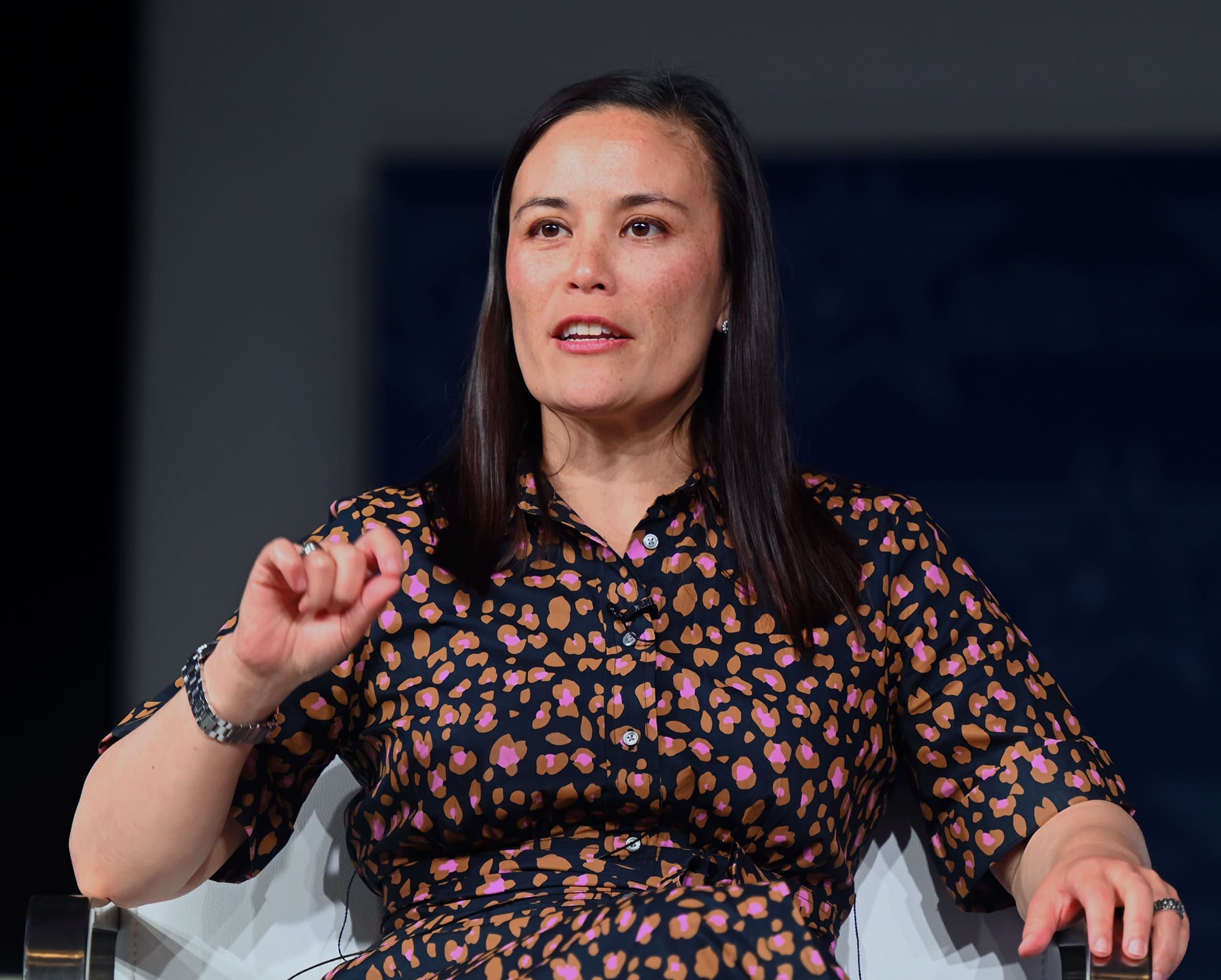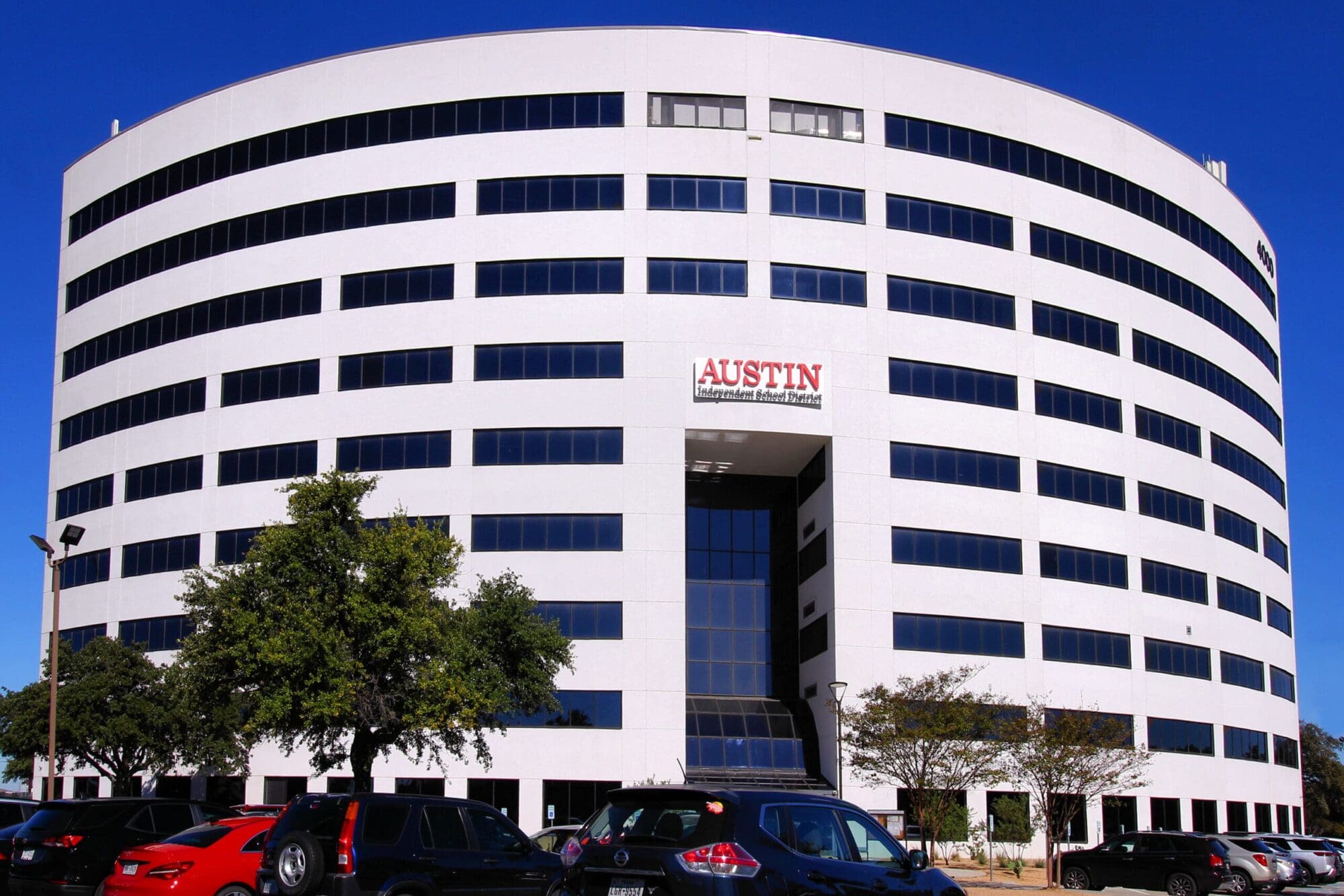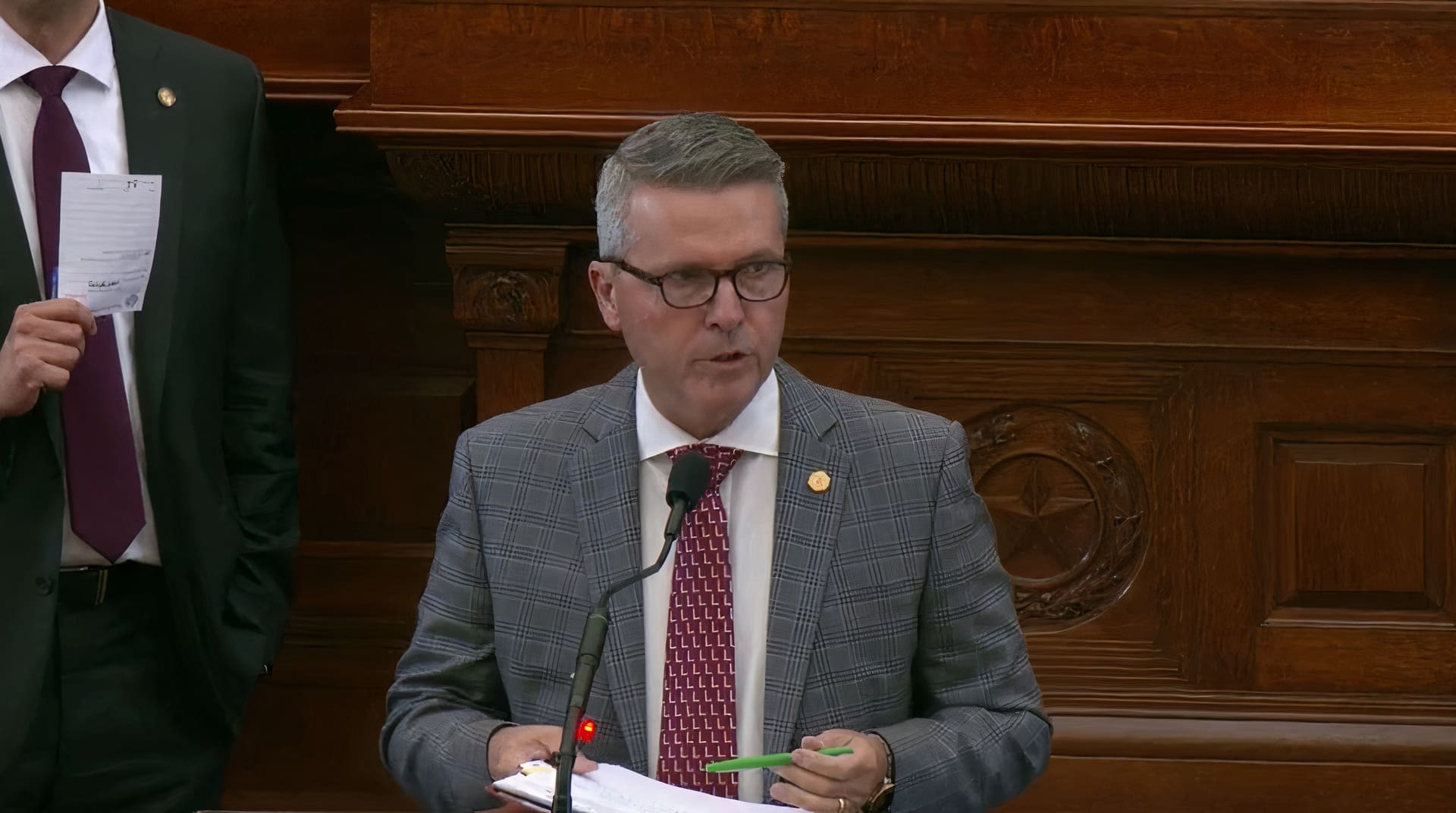In response to state-imposed debt limits, school districts and their corporate sponsors have created the Fast Growth School Coalition (FGSC)—a lobbyist group pushing for more debt and higher property taxes. To further their aims, the coalition is poised to lobby against expanded ballot transparency, voter accountability and fiscal prudence reforms that Texans for Fiscal Responsibility and others support.
The legislature limits the Interest and Sinking (I&S) property tax rate that school districts can levy to repay new debt. As an aside, K-12 debt is often confused with K-12 funding even though bonds don’t finance district operations or teacher’s salaries (Maintenance and Operations (M&O) taxes do). The purpose of bonded debt is to finance one-time capital costs, such as classroom expansion.
Due to growth in certain areas, FGSC districts allege that tax limits aren’t appropriate because their student enrollment growth is outpacing the tax revenue they’re able to collect. FGSC’s claim is based on a half truth—it ignores the fact that an ISD’s tax base grows alongside enrollment. In other words, enrollment growth is the result of new households moving to the area, which results in a larger tax base and, consequently, an increase in tax revenue. It’s not surprising that governments oppose limits on themselves.
Enrollment growth is often used as an excuse to issue exorbitant debt. Stated differently, growth often necessitates new debt, but many districts abuse the process by loading their proposals with unnecessary wants in addition to justifiable needs. Numerous ISDs have four to fives times the amount of per-student debt relative to the state average.
Many proposals contain items such as band uniforms, iPads, vehicles and other short-term consumables that should be purchased with operating or reserve savings, not with long-term debt that will far outlive the items purchased. Other proposals contain monumental football stadiums, convention centers, natatoriums and professional-grade athletic facilities. Districts often lump large-scale projects into a single, billion-dollar, all-or-nothing bond proposition.
Some districts significantly inflate construction costs. For example, Frisco ISD budgeted over $270 per square foot for new schools, while other districts like Cypress-Fairbanks ISD built comparable ones for less than $90 per square foot. Extravagant architectural design and lavish finish-out is commonplace.
Taxpayers are often punished for fiscal mismanagement. Leander ISD, a FGSC member, has used exotic financing terms with enormous balloon payments to skirt taxing limits. In one instance, LISD taxpayers approved $180 million in new bonds, but will pay over $800 million in interest or nearly $1 billion over thirty years.
Fast Growth’s legislative agenda is simple—support unlimited government by increasing state subsidizes and removing property tax limits. In fact, it’s plainly stated on their website. But their covert agenda is equally nefarious. Just as they did last session, they’ll encourage the Texas Association of School Boards, local politicians and superintendents from member districts to testify against pro-taxpayer reforms.
In fact, FGSC’s Vice Chair and Keller ISD Superintendent, Dr. Randy Reid, privately admitted that school districts “support transparency, just not on the ballot.” Reformers want the ballot to include a one-page summary that shows voters the fiscal state of the district, the total cost of the new bond proposition (including principal and interest), and any impact on future property taxes. Currently, that information is excluded.
Architectural, construction, financial firms and other corporations who profit off bond projects are happy to subsidize FGSC’s lobbying efforts. After all, they already finance local, pro-bond PAC campaigns to sell new debt to voters.
If Texans fail to communicate with their state legislators, the FGSC is likely to prevail. Texans would be wise to find out where their school officials stand. Do they support unlimited government or debt transparency reform?




